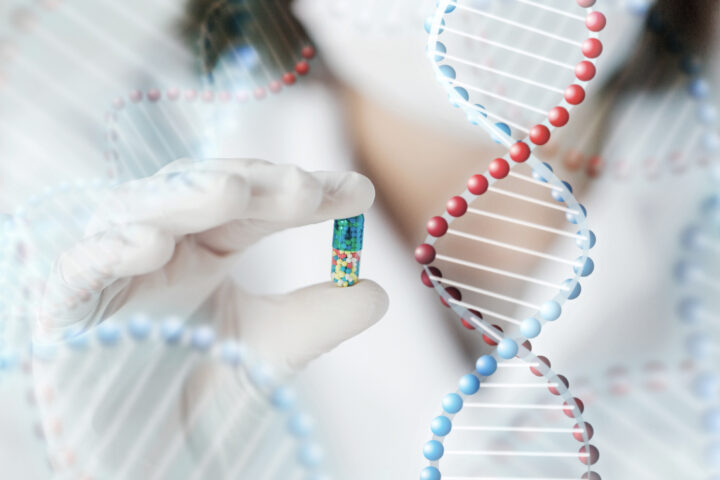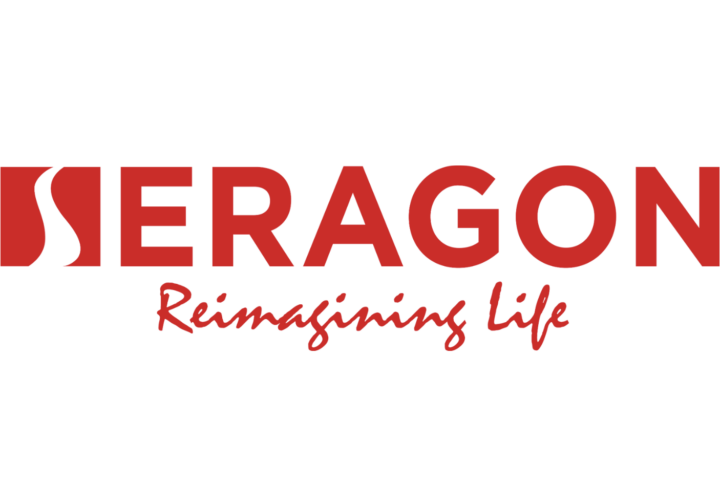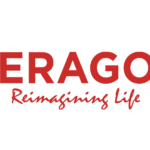In the ever-evolving field of biological research, a recent study has cast light on the intricate ways in which the age of our bodies influences cellular aging, with a particular focus on hematopoietic stem cell transplantation. This investigation brings to the forefront the concept of epigenetic aging, a groundbreaking area that explores the molecular mechanisms underpinning the aging process.
Understanding the Fundamentals of Epigenetics
At the heart of this study lies the field of epigenetics, a pivotal aspect of genetics that involves changes in gene expression without alterations to the DNA sequence itself. Epigenetics acts as the cellular “software,” directing the functions of cells based on the “hardware” provided by DNA. An essential tool in this domain is the epigenetic clock, a scientific measure used to estimate the biological age of cells, tissues, or entire organisms, offering insights into how various factors, including lifestyle and environmental exposures, influence cellular aging.
Key Findings from the Recent Study
Led by Petter Holland and his team, the research offers profound insights into the aging dynamics of human blood cells post-transplantation, especially focusing on the impact of the recipient’s age. The study unveils several critical findings:
- Accelerated Aging in Older Recipients: Transplanting younger donor blood cells into older recipients tends to accelerate the aging of these cells. On average, the cells age biologically by an additional 4.1 years. In contrast, younger recipients appear to slow down the aging of transplanted cells, reducing their biological age by approximately 1.3 years.
- Biological vs. Chronological Clocks: The study differentiates between biological and chronological epigenetic clocks, revealing that transplantation affects each differently. While the biological clock tends to speed up post-transplantation, especially in older recipients, the chronological clock shows a slowing effect, highlighting the nuanced interplay between donor and recipient ages.
- The Role of Telomeres: A fascinating part of the study focuses on telomeres, the protective end caps of chromosomes that shorten with age, potentially offering a window into cellular rejuvenation through transplantation. Although more research is needed, initial findings suggest transplantation could influence telomere length, hinting at the possibility of reversing cellular aging.
- Dynamic Reversibility: One of the most intriguing aspects of this research is the potential reversibility of aging changes in transplanted cells. The study suggests that transplanted cells adapt to their new environment, with their aging process adjusting according to the recipient’s age, a phenomenon that peaks around one year after transplantation.
Implications and Future Directions
The implications of these discoveries are far-reaching, offering hope for future medical interventions aimed at rejuvenating aging cells or even whole organs. By potentially recalibrating our epigenetic clocks, such treatments could turn back the clock on cellular aging, not just extending life but enhancing the quality of life in later years.
This groundbreaking study not only advances our understanding of how our body’s age affects cellular aging but also underscores the importance of epigenetic research in unraveling the mysteries of the aging process. It represents a significant step toward unlocking the potential for interventions that could one day transform our approach to aging and longevity.
In conclusion, as we delve deeper into the complexities of epigenetics and the aging process, studies like this offer a glimpse into a future where the aging of our cells might one day be as manageable as setting a clock, bringing us closer to the ultimate goal of adding vibrant, healthy years to our lives.
Source:
Epigenetic aging of human blood cells is influenced by the age of the host body













